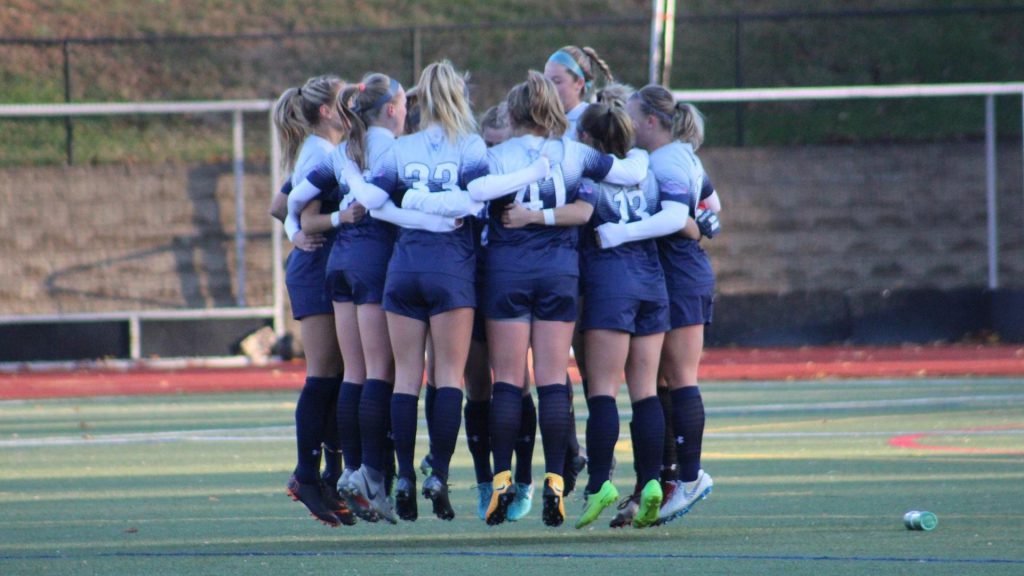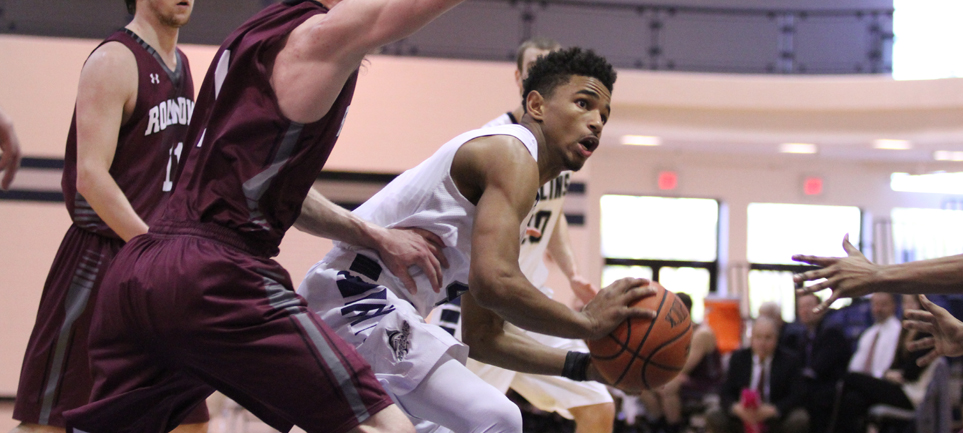By: Steven Serrano
The NCAA changed its policy of student athletes getting paid, however the money is not coming from the NCAA. The new agreement made by a series of court rulings is that now, college athletes will be able to monetize their name, image and likenesses (NIL). This change allows college athletes to take advantage of their fame and start earning money as social media influencers before moving into the professional field.
The social media influence is something that helped this deal get done. Many college athletes use social media as a way to promote themselves and for others to know them in a more close interaction. We can say that college athletes are modern day influencers in some type of way.
This is great for college athletes, as they can make money from just their image. Because college athletes are not getting paid for their sport, they are getting paid because they are influencers. As an example of this, we can see the Cavinder twins from Fresno State Women’s Basketball signed as spokespeople for Boost mobile. And many other athletes have taken advantage of these new rules signing for athletics and non-athletics brands.
At the moment this new rule changes has been proposed in Virginia, but not all colleges have accepted the idea. Many states have not even proposed these new rules changes and honestly it might be because of the many arguments that people have been making about these groundbreaking changes.
I can see why these new rules have been of disgust to some people. Many students can take this as an opportunity to drop out once their level of influence is at the top. But I highly doubt that if college athletes see themselves in those higher positions they will just get out of school, when now they can get more opportunities to jump to the professional world without struggling to make a name, because people already know them.
Now, in terms of how the NCAA handled this situation, we can say that it was a smart solution for athletes and for them. For years, people have been talking about paying college athletes. The NCAA never did anything to solve the problem, until now. Now, the money is not coming from them, but instead, is coming from other organizations. The only thing that the NCAA is doing is allowing college athletes to use their platform. The money is not coming from the NCAA but at least they open the doors for college athletes to build their own path for their future careers, and I think that is a fair deal.
By Shirell Washington
College athletes can get paid now, but not by the NCAA. On July 1, the NCAA announced a policy that lets college athletes at all three levels monetize their name, image and likeness (NIL). With the rule change, student-athletes are able to get paid through their own businesses and advertisements, social media, YouTube, endorsements, etc.
After the rule went into effect, athletes moved quickly. Athletes across the country started announcing partnerships and endorsements with companies almost immediately. In the following days all over my social media, small brand companies, like Barstool Athletics, started posting applications for athletes to fill out to become sponsored by them. With these brands, athletes are able to receive clothes and accessories from the brand they are sponsored by.
There are many athletes in the social media world, especially on YouTube. These athletes were unable to monetize their channels, which I believed was outrageous because of how popular they were off the field, but now everything has changed. For example, popular YouTubers Hunter Woodhall and Tara Davis that I’ve watched on a regular basis. They are American Olympic track and field athletes that have garnered over 330,000 subscribers and have now partnered with companies like Grubhub, NordicTrack, and Airbnb. This shows how the athlete/influencer/entrepreneur lifestyle has mixed for the better.
However, I can understand why many believe this can become a problem. Critics of the NIL rule change believe that athletes will rapidly start leaving college. I came to ask the question whether it’s all about winning or is it all about where one can go to maximize their financial pocket the most? I think student-athletes will start only going to college because it’s an alternative way of making money while also playing in collegiate sports. It will become harder to recruit athletes to schools because college coaches will have to begin to sell the idea that with this team one will have the best pay opportunities.
Here at Virginia Wesleyan, I have only seen two athletes that are sponsored. One athlete is sponsored by a brand called Body Armour, a sports drink, and the other is sponsored by a meal prep company called Lunchbox Meal Prep Services. Nonetheless, this rule change has been one in the making and I believe it has now changed the course of what it means to be a student-athlete.



